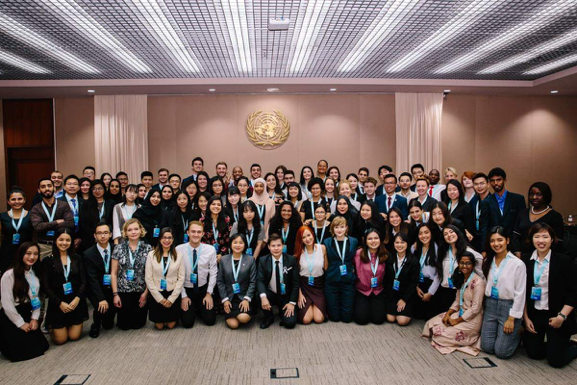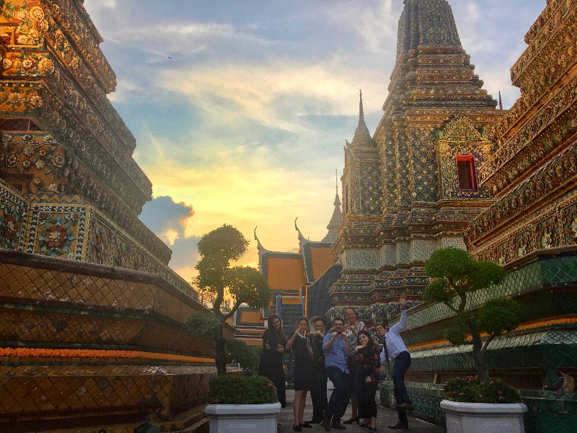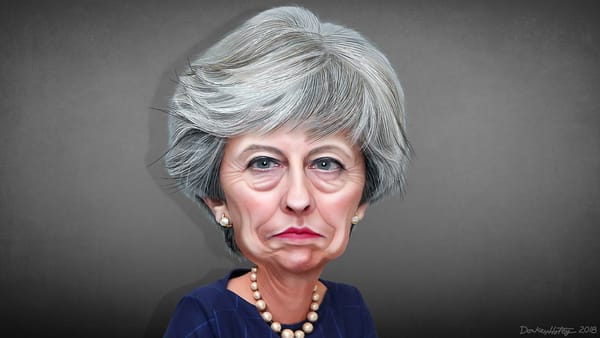Positive Peace
Comment writer Fatima Ali discusses the importance of achieving longstanding peace and the methods by which to achieve it.

Peace is something you give, not something you ask others to give you.” This is a particularly poignant quote shared by Hyppolite Ntigurirwa when describing the harrowing experiences of growing up in the middle of the Rwandan genocide. During the United Nations Peace Summit of Emerging Leaders 2018, which took place in Bangkok from November 28-30th, I was able to hear the innumerable accounts of incredible struggle and bravery from both the speakers and delegates.
I have been avidly involved in social justice action and health-peace advocacy whilst being a part of, and now President of, the organisation Students for Global Health. When Imperial Business School publicised this opportunity to represent Imperial at the summit, I knew it would be an enriching experience culturally, socially, academically and personally.
The summit made clear to me that the greatest challenges we face, in our increasingly complex and uncertain world, all stem from the unabated aspiration for peace. Issues that challenge peace should be a concern for all – particularly in our globalised world of unprecedented communication, interconnectedness and migration. The threats to peace also come from the inequality, disenfranchisement and marginalisation suffered by vulnerable groups, as well as the rejection and ignorance of other cultures, together with their traditions and beliefs.

It is imperative to understand that although peace is the absence of direct violence (negative peace), it is also, more importantly, the process by which the roots of conflict are addressed and non-violent means for resolving conflict are discovered (positive peace). Positive peace has a transformative and restorative goal, it uses the notions of social cosmology, culture and ecology to promote a more sustainable future for the world.
Positive peace takes longer to achieve as it recognises the time needed for further analyse of ingrained structural and cultural matters. Cultural understanding emerges as a vital factor in achieving lasting positive peace, and hence is a vital foundation for achieving equitable progress and social cohesion in regards to refugees and migrants. During the summit, Kya Kim, the director of the Peace Mask Project, spoke about the successes possible in achieving peace through art, cross-cultural dialogue, workshops and exhibitions to create a shared vision for peace. Expressing oneself through art and creation has proven to be an essential tool in conflict reconciliation, as art is rooted in culture and encourages the deepest level of human experience.

Not only is art and cultural awareness understood as a restorative means for healing the scars of war but can be beneficial for any marginalised communities or individuals wanting to reconnect with their identities. The success of Peace Masks, and cultural groups alike, is a beautiful reminder that the fate of humanity depends on fostering appreciation for diversity and paving the way for meaningful mutual prosperity.
Ultimately, we all should endeavour to acquire true knowledge for our overall betterment and for universal welfare, with a particular focus on issues that threaten peace in today’s global community.






